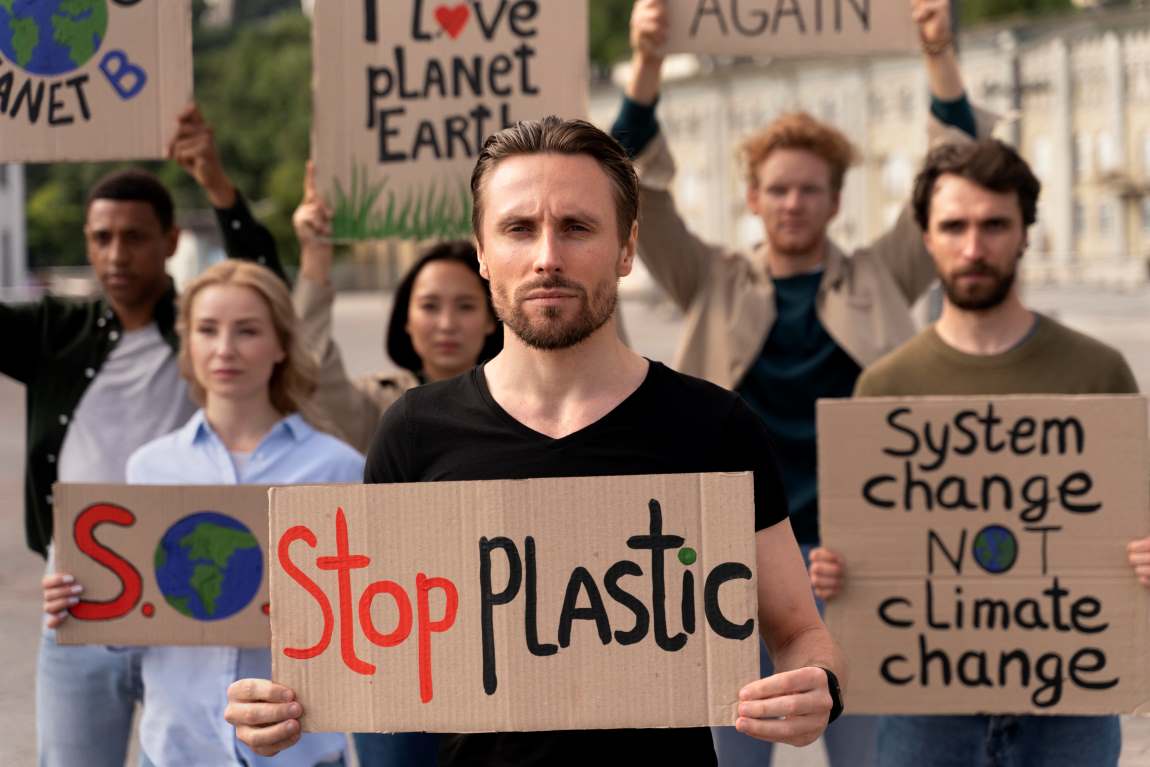A new global study reveals a widespread lack of understanding of the term ‘Climate Justice’, even among those living in regions most affected by climate change.
Conducted by researchers from the University of Nottingham’s School of Psychology, the study involved 5,627 adults across 11 countries, Australia, Brazil, Germany, India, Japan, Netherlands, Nigeria, Philippines, United Arab Emirates, United Kingdom, and United States.
Despite the unfamiliarity with the term, many respondents recognized the broader social, historical, and economic injustices tied to climate change.
Published in Nature Climate Change, the study highlights that two-thirds of those surveyed had never heard of the concept of climate justice. Nonetheless, there was strong support for principles associated with it: 78% of respondents agreed that poorer populations suffer more from the effects of climate change, and that these communities should have a greater role in climate-related decision-making. Additionally, 70% recognized capitalism and colonialism as underlying factors of the climate crisis.
Dr. Charles Ogunbode, Assistant Professor in Applied Psychology at the University of Nottingham, who led the research, noted the irony that climate discourse often focuses on affluent regions. “Citizens of frontline, climate-vulnerable countries, are largely confined to being the subjects of climate discourse, as opposed to active participants,” he said. “The unbalanced discourse matches the inequalities that characterise climate change itself.”
He emphasized the need for more inclusive discussions, aligning with the study’s finding that public understanding of climate justice remains limited.
This research is the first to explore public perceptions of climate justice outside Europe and North America. The findings suggest that while many people may not be familiar with the term itself, they recognize the unequal impacts of climate change and support fairer, more just responses to the crisis.
Dr. Ogunbode expressed hope that climate advocates will use this data to push for more equitable climate policies: “By revealing the wide endorsement of climate justice principles around the world, we hope that climate advocates will leverage our research to further pressurise policymakers and leaders to enact just responses to the climate crisis.”
The study offers a clearer picture of global attitudes toward climate justice, underscoring the potential to improve public understanding and communication. As the world faces increasing climate challenges, ensuring that affected communities have a stronger voice in policy decisions may be key to achieving fair and effective climate solutions.
Journal Reference:
Ogunbode, C.A., Doran, R., Ayanian, A.H. et al. ‘Climate justice beliefs related to climate action and policy support around the world’, Nature Climate Change (2024). DOI: 10.1038/s41558-024-02168-y
Article Source:
Press Release/Material by University of Nottingham
Featured image credit: Freepik




